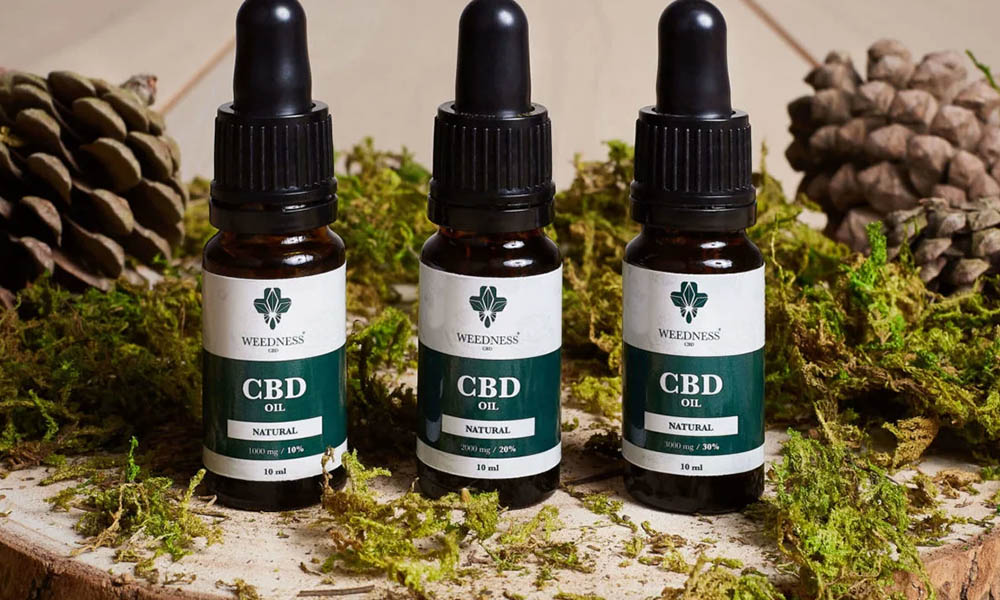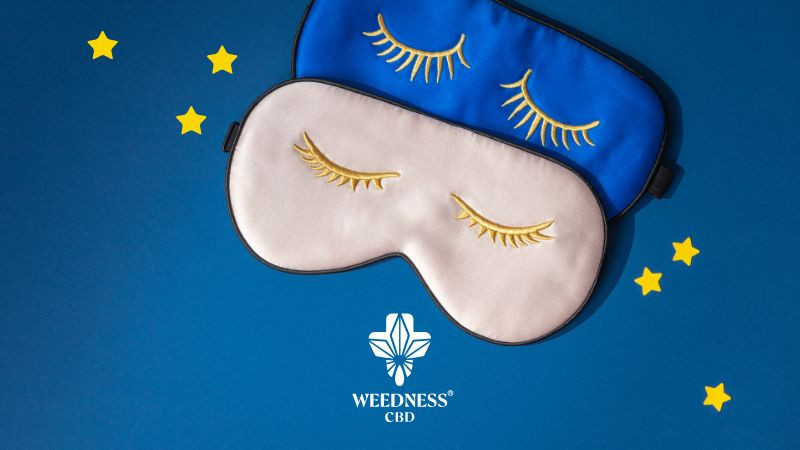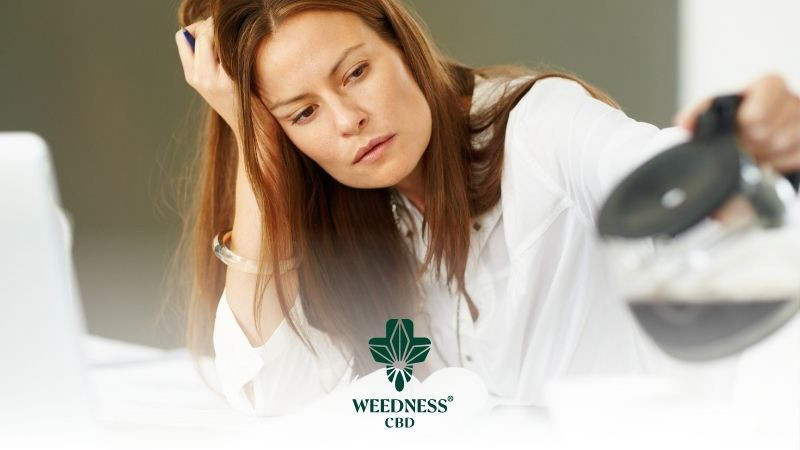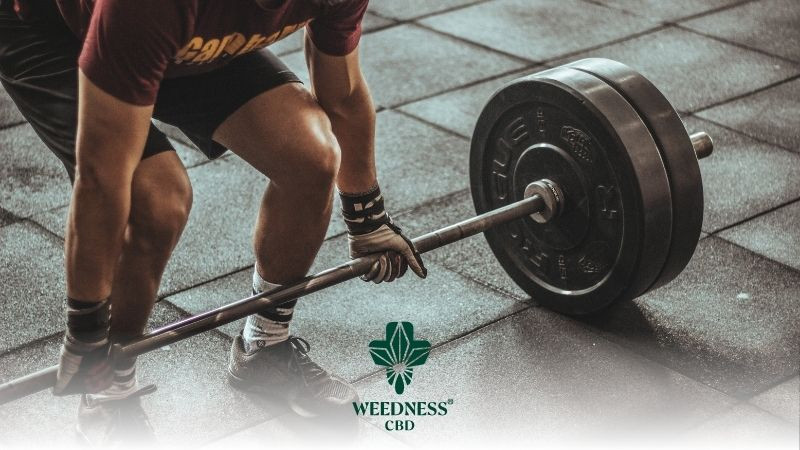Who We Are? What Is CBD And What Is It For?

Our most important value is honesty.
Created under the supervision of experts, our products seek to help by taking care of each of the essential aspects.. We offer only Premium quality products, completely legal, certified and free of THC to guarantee maximum customer safety.
Ethical, sustainable product produced under the supervision of experts: The philosophy of WEEDNESS CBD is based on the idea that in order to produce our CBD oils, we should not harm the planet, nor mortgage the resources of future generations. That's why we only sell quality, organic products. We do not use additives that can harm the quality of the product, we always look for the natural value and perfection.
For vegans and vegetarians: WEEDNESS CBD oils are suitable for vegans or vegetarians because they do not contain animal gelatin, gluten, milk, lactose or genetic engineering. All our products are organic and environmentally friendly.
Flexible. Innovative. Reliable.
When entrepreneurial thinking, product expertise and knowledge of industrial hemp cultivation come together, something unique is achieved. Concerned with developing new ways to highlight the benefits of CBD and incorporate it into our daily lives for a healthier lifestyle.
WEEDNESS CBD comes to market with the sole purpose of offering the world a healthy and caring experience using products that really help.
In order to satisfy even the most ambitious customers, we continuously develop advanced product solutions to provide a solution to the problems arising from various lifestyle habits, thereby enhancing the quality of everyone's life.
At WEEDNESS CBD, we are 100% committed to offering products that contain cannabidiol (CBD) from the whole plant and are produced in certified laboratories with the highest European quality standards.
THC Free
Without trace of THC in our products, we seek that our clients can benefit from their natural properties, without having any type of strange sensation or discomfort.
Cannabidiol 100% safe
We use a 100% organic production process to free our products from any toxins or heavy metals. In this way, we strive not to generate a harmful impact on the environment during the production of CBD oil..
CBD: what you need to know
CBD (cannabidiol) belongs to a family of compounds called cannabinoids. They are unique in that they exist outside the body and when consumed can affect a wide network of receptors.
What is CBD?
The cannabidiol is one of more than a hundred organic compounds that are present in cannabis and hemp plants. Known as cannabinoids, this group of chemicals work together with smaller molecules to help plants produce enzymes and ward off pests.
But when people consume CBD and other cannabinoids, something truly extraordinary happens.
Cannabinoids interact with a wide network of receptors that exists in all of us. The full extent of this interaction is still being researched, but it has been shown to affect sleep, appetite, mood, etc.
Fortunately, CBD (Cannabidiol) not only interacts with our bodies in different ways, but it is also well tolerated and non-toxic.This beneficial combination has generated a lot of interest.
Where does CBD come from?
Although CBD can be found in almost all species of Cannabis sativa, hemp has the highest concentrations.
Hemp is a variety of Cannabis sativa that was domesticated more than 6,000 years ago in ancient China. Since then, the plant has been selectively bred for its commercial properties, becoming a natural and rich source of CBD.
What is the difference between CBD and THC?
You probably heard about THC long before CBD. THC (short for tetrahydrocannabinol)is not only the main reason marijuana (another subspecies of Cannabis sativa) is illegal in much of the world, but it is also known to cause psychotropic effects.
Fortunately, not all cannabinoids are created equal, and although there may be small differences between their chemical structures, they are enough to significantly alter their effects.
Differences in the chemical structure of CBD mean that it does not interact with the body in the same way as THC. As a result, this cannabinoid is non-toxic, non-high, and, according to the World Health Organization (WHO), has no abuse or dependence potential. That is, it does not create addiction.




